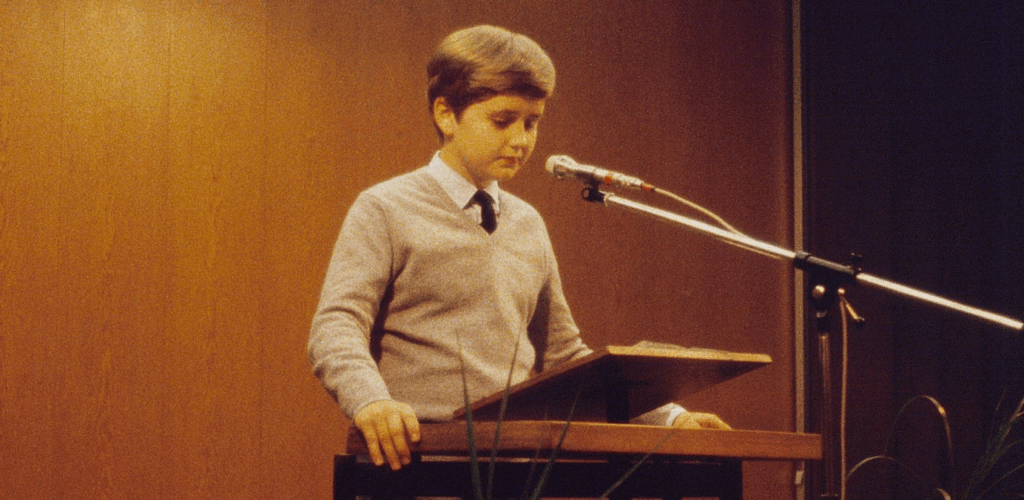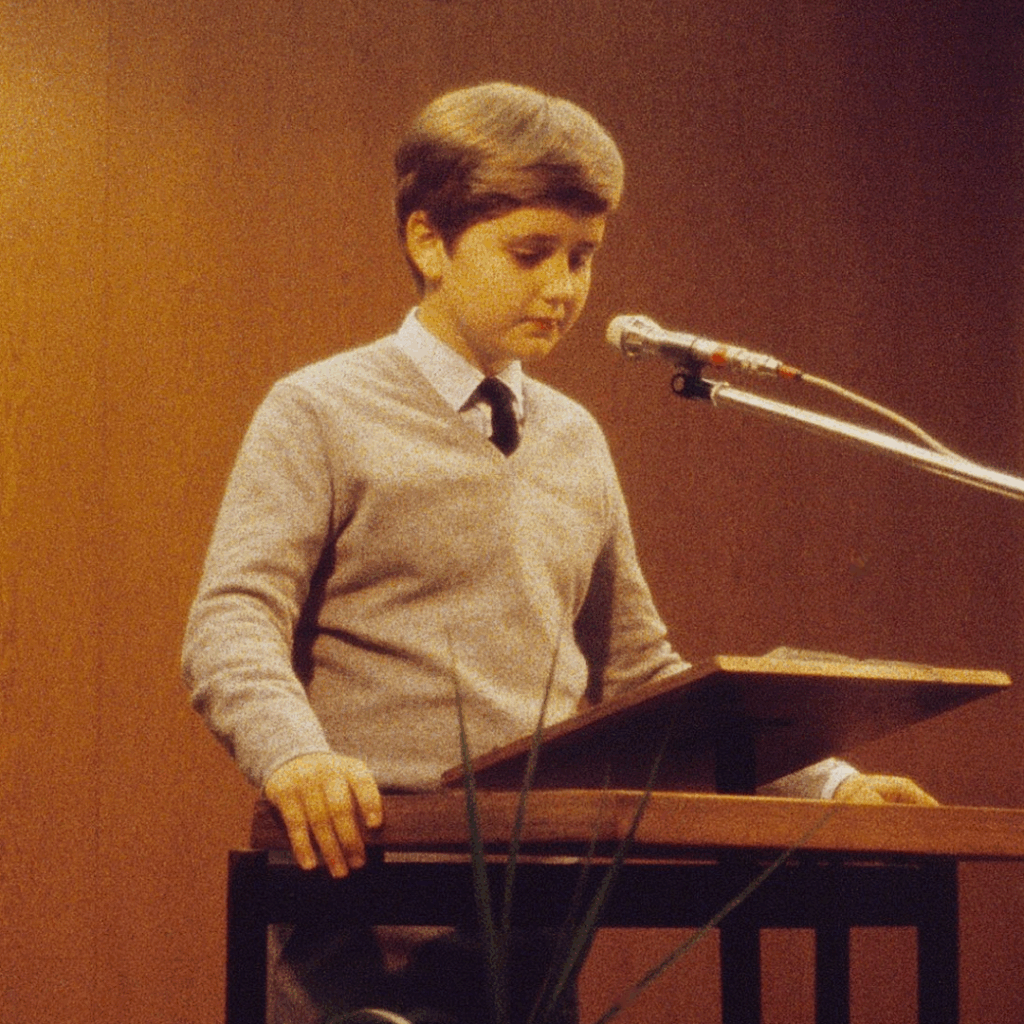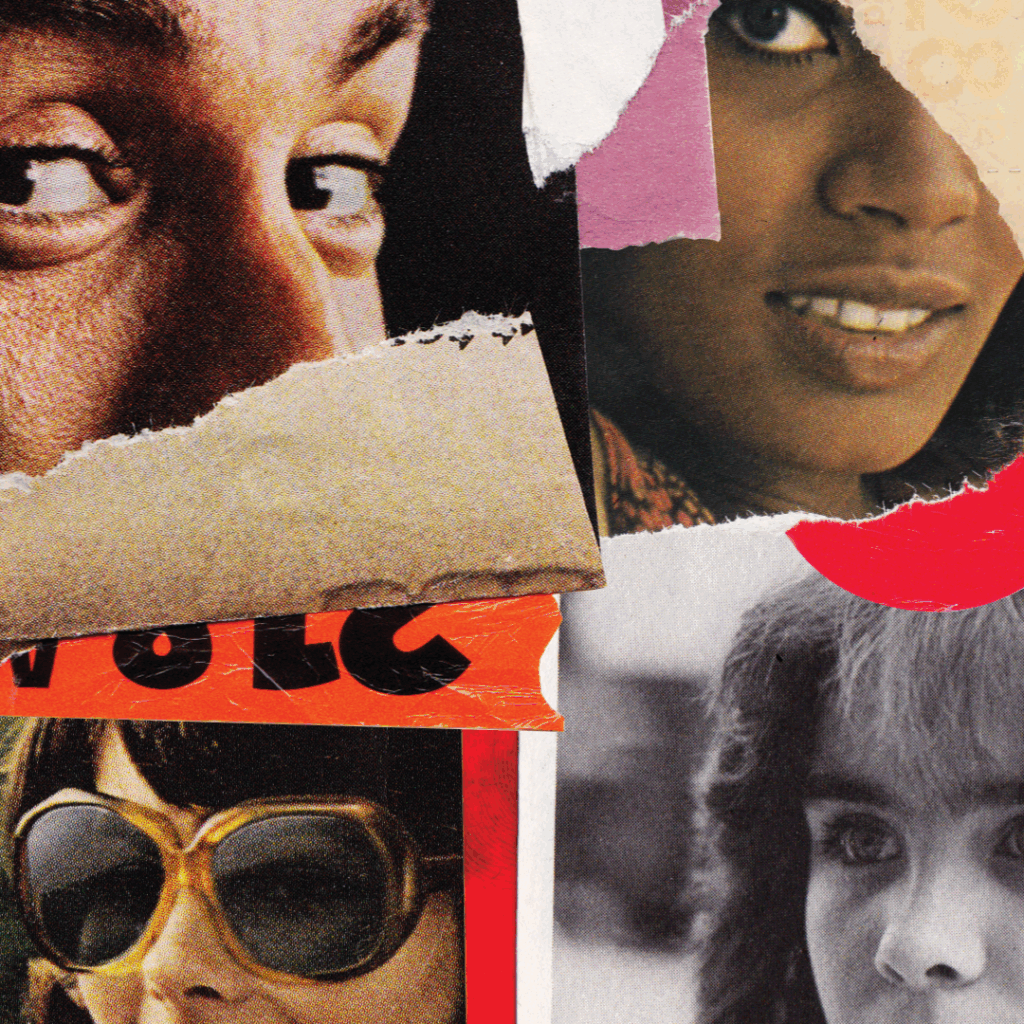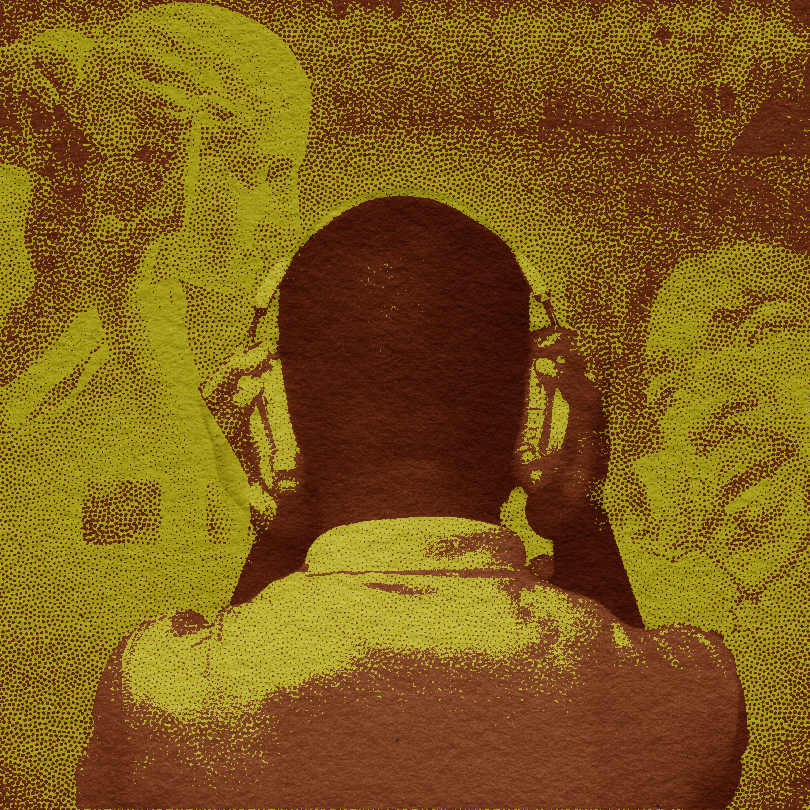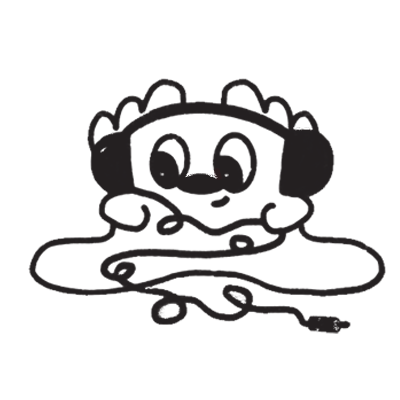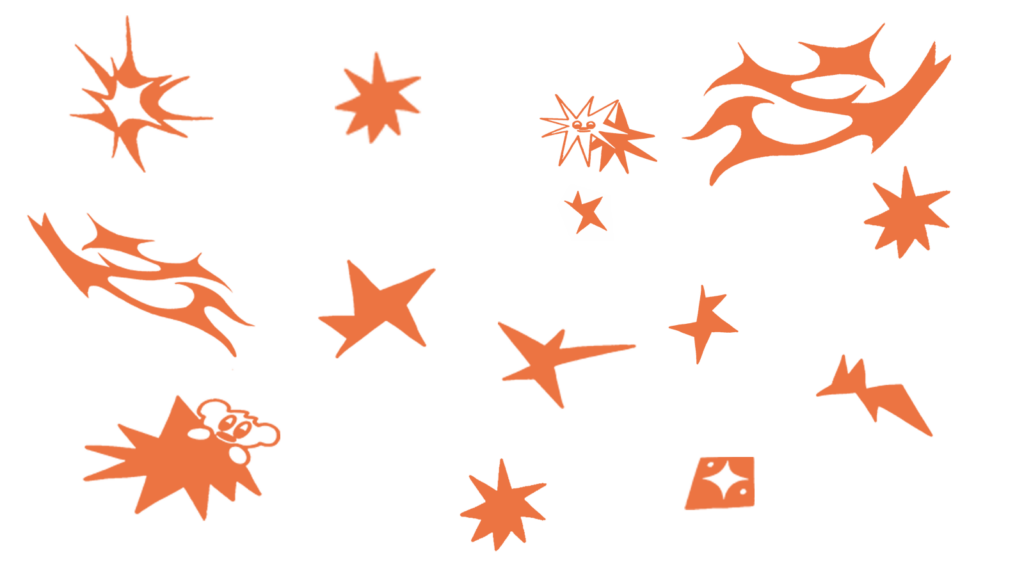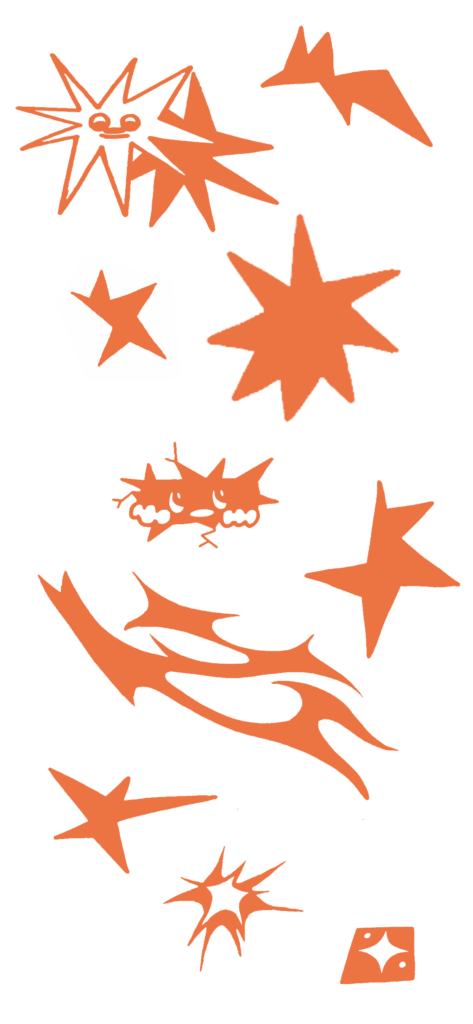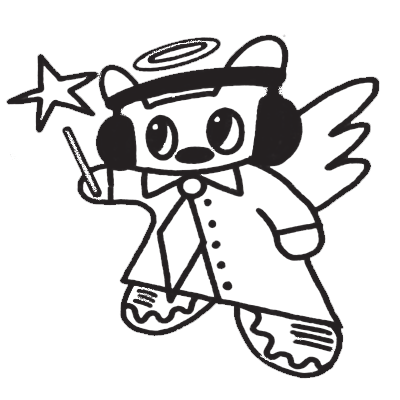Tempering the Expectations of Would-Be Podcasters
Searching for indie podcasts is like shopping for novel cooking utensils. Walk past the shiny Le Creuset casserole dishes displayed in the front window of our proverbial kitchenware store. Find the clearance section. And root around for a gadget that was invented for a singular purpose, for just a handful of quirky home chefs.
The first homework assignment I give to students enrolled in the introductory podcasting class I teach for Community Education in Minneapolis is to find an indie podcast with a delightfully wacky concept that could never hope for inclusion on a mainstream podcast network, then listen critically to an episode. I want my students to hear podcasts produced by amateurs, episodes with small download numbers, hosts with regional accents, and content too strange for mass media.
I teach the class three times a year and every session I get to meet a new intergenerational blend of folks with spare time and cool but unformed podcast concepts. Invariably, some students sign up for the class because they’re fans of podcasts like “Wiser Than Me” or “Smartless,” hosted by Julia Louis-Dreyfus and the comedy trio of Jason Bateman, Will Arnett, and Sean Hayes, respectively. There’s nothing wrong with imagining oneself in conversation with a celebrity host. I’ve done it, too. My podcast celebrity fantasy involves hearing my own voice—“like”s and “um”s scrubbed away by a professional editor—bantering on “Fresh Air” with my public radio para-pal Terry Gross. Connecting aspirationally to high-profile talent is ingrained into the contemporary human condition, especially when the algorithm situates famous performers at the top of everyone’s search results.
But I don’t want my students to get discouraged by professionally produced audio staffed by stars. It’s just not possible for an indie podcaster recording on their laptop in a basement closet to sound like a comedian in a sound-proof booth, enhanced by decades of film and television experience, improv training, voice coaching, a business manager, and veneers. I also don’t want my students to try and copy the big hit podcasts because, to me, celebrity-led podcasts tend to sound like they’re produced by committee, with jokes watered down to please a wide audience, social awkwardness covered up with confident chuckles, and stammering passion cut short by “that’s all the time we have” segues. And how boring would our soundscape be, how tediously homogenous, if every podcast host sounded like a Hollywood or public radio personality? It would be the aural equivalent to suburbs with strip malls all housing the same fast casual chain restaurants.
To redirect my students away from the algorithmically highlighted, revenue-generating, slickly stylized podcasts, I instruct them to use Listen Notes, a search engine that returns results from a podcast database and lets users perform granular searches for podcast episodes. I show my would-be DIY podcasters examples of independent podcasts created by hobbyists, savants, and obsessives about niche subjects, like “Prairie Track and Field,” a podcast about running in North Dakota, or “Deconstructing Disney,” a podcast that takes an academic look at animated classic films. The critical listening assignment introduces them to content that breaks away from traditional structures and conventions.
Throughout the rest of the four-week class, I introduce my students to indie podcast hosts, none of whom are recognizable celebrities. But all have achieved a modicum of podcast success by producing compelling content on their own and maintaining control of their artistic vision. They focus on zany micro-topics or tell stories in unique ways. My favorite hosts include screwball skincare expert Jackie Johnson (RIP “Natch Beaut”); Brian Thompson, the satirical investigative journalist host of “Whatever Happened to Pizza at McDonald’s”; Andrew Ti, the good-natured screenwriter host of “Yo, Is This Racist?”; Margaret Killjoy, the autodidactic historian host of “Cool People Who Did Cool Stuff”; John Edwards, the hyper-local Minneapolis politics analyst host of “Wedge LIVE!”; and Nina Badzin, the self-professed friendship expert host of the advice podcast “Dear Nina.”
To steer my students away from celebrity-led podcasts, my other strategies include playing a medley I’ve spliced together with voices from all walks of podcasting—some famous, some obscure—to demonstrate that there is no right way to sound. I gloss over monetization strategies and, instead, focus the class discussion on all of the intangible benefits of podcasting, like cultivating a community, establishing one’s expertise, promoting a cause, and making podcast friends. I play clips from interviews, including a profane diatribe from comedian Steve Hernandez on uncoupling art from making a living, and another from photographer Daniel Arnold on the importance of daily practice for art’s sake, brain development, and creative growth rather than for notoriety or fame or social media likes.
Don’t worry about marketability, I tell them. Be unusual. Be avant garde. Sound like yourself. Make the podcast you most want to hear. After all, the beauty of indie podcasting lies in its accessibility for creators. Anyone can hook up a USB mic, learn a few Audacity keyboard shortcuts, and RSS their voice to all of the directories. Be true to yourself and your weird ideas, and you just might become a micro-celebrity in your own right for loyal listeners who will imagine themselves in conversation with you.
![]()
Deborah Copperud is a writer, podcaster, and Community Education instructor in Minneapolis. She co-hosts the podcasts “It’s My Screen Time Too” and “Spock Talk.”
